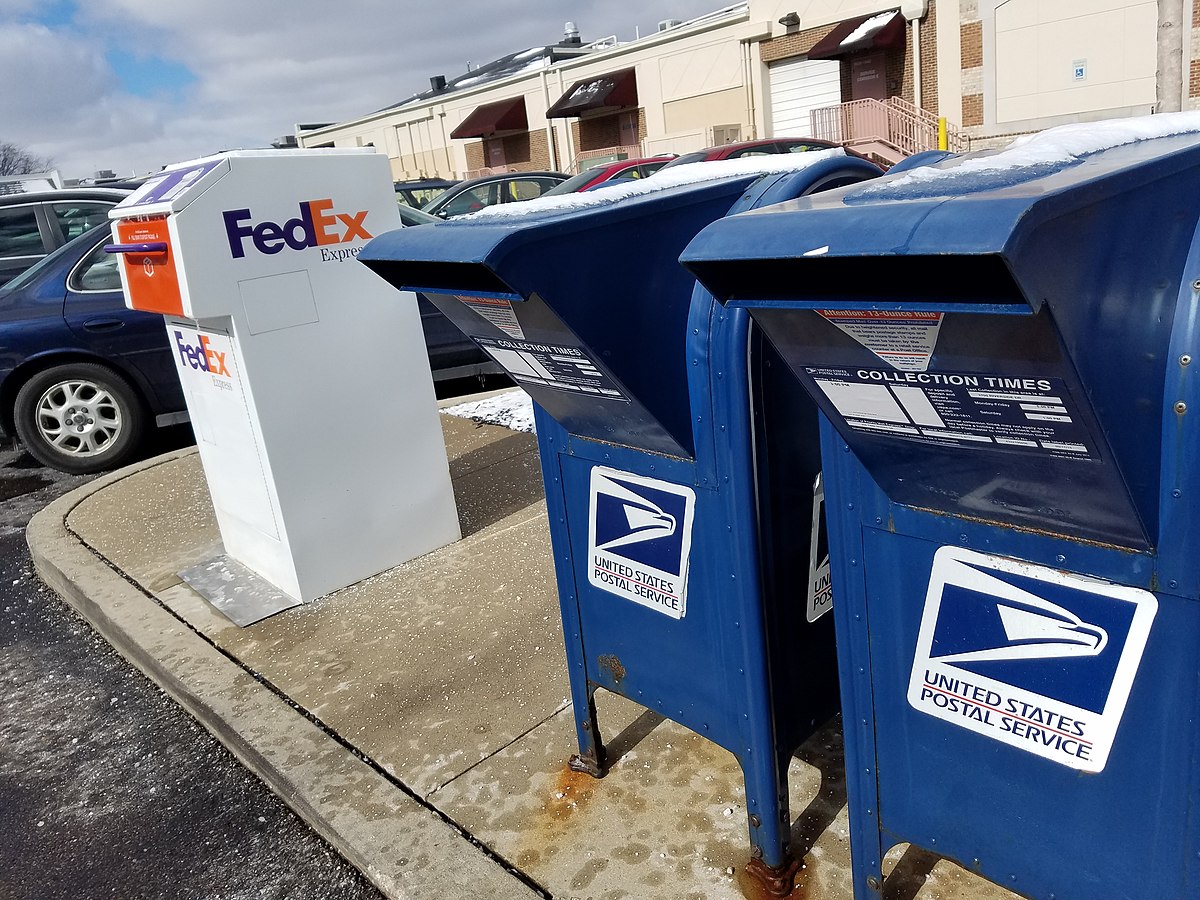Watchdogs Warn Ohio’s ‘Gold Standard’ Voter Rolls Tarnished
Ohio Secretary of State Frank LaRose is working to enhance election integrity in the state, particularly focusing on cleaning up voter rolls. Recently, LaRose reported the removal of 499 suspected illegal voter registrations linked to noncitizens. Nonetheless, election integrity advocates argue that there are systemic issues that hinder effective verification of voter identities. County boards of elections lack direct access to critical databases necessary for verifying registrant information and must rely on an “honor system” which allows voters with mismatched records to still receive ballots.
Concerns have been raised about the adequacy of measures to ensure accurate voter registration, particularly given that records with discrepancies can still lead to voters being classified as active. Recent discussions highlighted instances of fraudulent registrations, including one for the deceased Henry Kissinger, raising alarms about the integrity of voter data management in Ohio.
Advocates are urging for legislative changes to enhance verification processes, such as requiring state IDs for voter registration and mail-in voting. Two proposed bills aimed at improving voter data security and verifying eligibility through provisional ballots have not progressed before the latest legislative session adjourned. Despite LaRose’s efforts thus far, the push for more robust verification and election integrity measures continues as the state approaches the next voting season.
Ohio Secretary of State Frank LaRose is no doubt raising the bar on election integrity, but the Buckeye State’s “gold standard” election administration status definitely has some blemishes. There’s still a long way to go and not much time to deal with blotches in the voter rolls before ballot-casting season begins.
While LaRose has fired off press releases in recent months highlighting efforts to find and remove noncitizens and other ineligible voters from the rolls, election integrity watchdogs say the bigger battle is on the front and back ends of the elections field. They’re calling for better vetting, giving county boards of elections access to deeper identity-tracking data and, more urgently, wider use of provisional ballots to keep up with an “honor system” that automatically commits deficient registrations to the voter rolls.
Matching Mismatches
Last week, the Republican secretary of state announced his office had tracked 499 additional foreign national registrations. LaRose directed local election officials to remove the suspected illegal registrations — detected as part of a statewide audit of Ohio’s voter registration database.
Registrants removed include individuals who confirmed that they are not U.S. citizens to the Bureau of Motor Vehicles, a status further confirmed by the federal Systematic Alien Verification for Entitlements (SAVE) database system, the secretary of state’s office reported.
But here’s the rub: county boards of elections don’t have direct comprehensive access to Bureau of Motor Vehicles, Social Security Administration, and other critical databases used in verifying voter records on the front end. Nor do they have investigative authority unless a registration is put into provisional ballot-only status.
A series of emails between State Rep. Scott Wiggam, R-Wayne County, and Julie Leathers Stahl, director of the Wayne County Board of Elections, drives home the point.
The July 3 emails, obtained through an open records request, begins with what seems a simple question from the lawmaker: “Does the Wayne County BOE have direct access (meaning you or your employees) to BMV database and Social Security Administration database or is that database access through the SOS office only?”
“We do not have direct access to these systems. However, when a registration is entered, an automated process matches data for these records and flags for discrepancies. Any voters with discrepancies are automatically placed in confirmation status and a notice is generated and sent to the voter to allow them to correct the discrepancy,” Stahl responded.
But what if that voter does not respond to the notice “but still submits an absentee ballot request form AND the information on that form matches the information contained on the voter record, would that voter be sent a ballot?” Wiggam followed up.
Short answer, yes, the elections official said.
Doing his best Columbo, the lawmaker had just one more question to ask, “if a voter only confirms the BMV/SSA mismatched information through a [Sic] absentee ballot request (NOT correcting the information) on the registration form which was put in confirmation status, that voter can still receive a ballot and is also put in active voter status if that ballot is returned?”
Stahl responded, “If the absentee ballot matches the registration form submitted, there is no ‘correction’ to be made on our end. They would return to active status once the application is received and it is confirmed that the information provided on the application matches what is in the system, which was from their original registration.”
But the information in the system would be wrong.
So basically, even if it’s wrong it’s right. As long as the mismatches match.
That’s very troubling to election integrity hawks, and it apparently lit a fire under Wiggam and others to push for greater checks on the system.
‘Honor Sytem’
Complicating matters, an Ohio secretary of state directive instructs county boards of elections to treat suspect registrants the same as valid registrants.
“Like a voter with an ‘active’ status code, a voter with an ‘inactive’ or ‘active-confirmation’ voter status code is a fully qualified elector and eligible to engage in the activities of a registered voter (i.e., sign a petition, request an absentee ballot, etc.) and appears in the pollbook on Election Day,” the directive states.
It’s an “honor system,” said Dayton-based constituent election reform advocate Marcell Strbich, and it’s eroding election integrity and confidence in Ohio’s elections.
There’s a lot of that going around. Federal law doesn’t require documented confirmation of citizenship, but instead counts on an “honor system” asking voters to check a box on their status. Those who lie about their citizenship face a felony charge — if they’re caught. The House this summer passed a bill changing that; it will die in the Democrat-controlled Senate.
Strbich, a retired Air Force Colonel who served in intelligence, asserts that routine data assessments conducted by election integrity watchdogs show that there are between 250,000 and 350,000 voter records with unresolved issues on Ohio’s voting rolls — records that have not been fully verified and validated. The information comes from ohio.Checkmyvote.org, which pulls data from the secretary of state’s voter files.
“Authentification doesn’t exist in the voter enterprise. That’s what we’re trying to change,” Strbich said in an interview this week, noting a lack of verification checks.
Henry Kissinger and Friends
On a recent edition of the Windsor Report, Strbich noted that Henry Kissinger showed up on the voter rolls in Hamilton County, home to Cincinnati. Not the late secretary of state and renowned statesman who died last year at 100. The real Henry Kissinger resided at his long-time home of Kent, Connecticut, at the time of his death. But Henry P. Kissinger, according to the Hamilton County Elections Board, doesn’t exist.
“We also received a registration form in the name of Henry Kissinger that was submitted,” director Sherry Poland said to laughter in the audience during a board meeting last month. “We did do a match. The voter registration data based compared to the BMV and it was a mismatch on every item, any identifying information listed,” she said.
It’s just one of myriad examples of faulty and false voting records in the system. The name no longer appears in the system, Strbich said.
“If you look at Ohio’s rules and interpretation of law by the secretary of state, the county board of elections are required to take Henry Kissinger, this fraudulent registration form that came back a full mismatch,” he said. In other words, election officials “are authorized to send a no-excuse absentee ballot. And this is what’s in play going into 2024.”
Provisional Provision
Strbich, fellow election integrity watchdogs, and some Republican state lawmakers rallied behind House Bill 472, which would enhance data protection, collection and sharing. It also would broadly require a driver’s license or state ID to register to vote and for voting by mail. Currently, only the last four digits of a voter’s Social Security number is required to register or vote with a mail-in ballot.
Former Ohio secretary of state Ken Blackwell testified in May that the the Ohio Votes Count Act “strengthens cybersecurity of elections and provides key technological advancements to better serve Ohio voters.”
“[P]rovisions in this bill ultimately provide Ohio with a blueprint to ensure that the state keeps in step with procedural and technological advances in the interest of conducting secure elections and helping keep voter data safe,” Blackwell, who serves as chairman of the Center for Election Integrity at the America First Policy Institute, told the Ohio House Homeland Security Committee.
The bill went nowhere before the session ended.
Lawmakers also introduced House Bill 552,which would require a voter who has not provided missing or corrected information on their voting records before the election to cast a provisional ballot while election officials verify the individual’s eligibility. The voter’s registration would automatically be canceled if “the provisional ballot is not counted because of failure to confirm the information or because the elector is ineligible to vote,” according to a bill analysis from the Ohio Legislative Service Commission.
That bill went nowhere, too.
“We ran out of time because our Statehouse adjourns in late June and doesn’t come back until the fall,” Strbich said.
But the election integrity activist said the secretary of state has the ability to require automatic provisional ballot-only status. Ohio law states that individuals “permitted to cast a provisional ballot in an election include those whose notification of registration has been returned undelivered to the board of elections and whose name in the official registration list and in the poll list or signature pollbook has been marked under division (C)(2) of section 3503.19 of the Revised Code.”
“In other words, the secretary of state has to do what isn’t being done on the front end,” Strbich said.
LaRose has done much to clean up the Buckeye State’s dirty voter rolls. Last week he announced the removal of more than 150,000 inactive and outdated registrations, including another batch of noncitizens in the system. The latest cleanup campaign stemmed from his May directive to local elections officials to investigate suspect registrations.
“Every Ohioan, regardless of their political views, should care about accurate voter rolls,” the secretary said in a statement. “Diligent list maintenance helps prevent voter fraud and ensures the voice of the voters is heard on Election Day.
But watchdogs like Strbich say the efforts thus far have been mostly aimed at low-hanging fruit, and more much needs to be done.
Time is of the essence on that front. After Aug. 7, the state is no longer able to do bulk removals of confirmed invalid voter records. That begins the window in which a voter’s registration cannot be canceled within 90 days of a federal election by local boards of elections. But citizens may still challenge a registration up until a 30-day deadline. Strbich said they need clear direction from the secretary of state in the coming days.
The Federalist reached out to LaRose’s office Wednesday afternoon. A spokesman confirmed receipt of the email request but had not responded to multiple requests for comment as of publication.
Matt Kittle is a senior elections correspondent for The Federalist. An award-winning investigative reporter and 30-year veteran of print, broadcast, and online journalism, Kittle previously served as the executive director of Empower Wisconsin.
" Conservative News Daily does not always share or support the views and opinions expressed here; they are just those of the writer."




